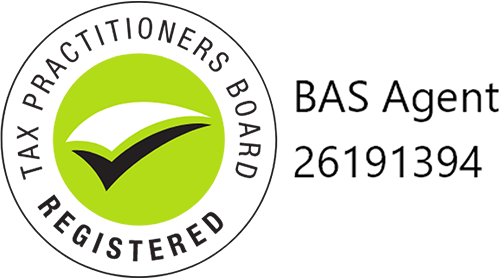
Common Bookkeeping Mistakes to Avoid
Bookkeeping is an essential component of any successful business, serving as the backbone of financial health and strategic decision-making. While it might seem straightforward, bookkeeping requires careful attention to detail, consistency, and accuracy. Unfortunately, many businesses, especially small ones, can fall into common traps that lead to significant issues down the line.
Here are some common bookkeeping mistakes to avoid and tips to ensure your financial records remain accurate and useful.
1. Neglecting to Reconcile Accounts Regularly
One of the most frequent errors in bookkeeping is the failure to reconcile bank and credit card accounts regularly. Reconciling accounts involves matching your financial records with your bank statements to ensure that every transaction is accounted for.
This practice helps in identifying discrepancies such as unauthorised transactions, errors in record-keeping, or overlooked entries. Aim to reconcile accounts at least once a month. Regular reconciliation not only maintains accuracy but also provides an opportunity to spot any unusual activity or errors before they escalate.
2. Mixing Personal and Business Finances
Combining personal and business expenses is a common mistake, especially among sole proprietors and small business owners.
This mixing can lead to confusion and inaccuracies in your financial records, making it difficult to track business performance accurately. Always maintain separate bank accounts and credit cards for your business.
This separation simplifies bookkeeping and ensures a clear audit trail, which is crucial for tax reporting and financial analysis. Having distinct accounts also helps in establishing business credibility and professionalism.
3. Inaccurate Categorisation of Expenses
Properly categorising expenses is critical for generating accurate financial reports. Misclassification can distort your financial statements, leading to poor financial decision-making and potentially affecting your tax liabilities. For instance, mixing operating expenses with capital expenditures can misrepresent your profit and loss statements.
Consistently categorise expenses based on their nature and consult with an accountant if you’re uncertain about how to classify specific transactions. This precision ensures compliance with accounting standards and aids in effective financial analysis.
4. Ignoring Accounts Receivable and Payable
Overlooking accounts receivable (AR) and accounts payable (AP) is another frequent pitfall. Not tracking what your business is owed can lead to cash flow issues, while ignoring what you owe can damage relationships with vendors.
Regularly review your AR to ensure timely follow-up on outstanding invoices. Implement a system for monitoring and collecting overdue payments to improve cash flow. Similarly, manage your AP by scheduling payments to take advantage of early payment discounts and avoid late fees. Maintaining a clear overview of AR and AP helps in budgeting and financial planning.
5. Failing to Backup Financial Data
In today’s digital age, safeguarding financial data is more important than ever. Many businesses neglect to back up their data regularly, putting themselves at risk of data loss due to technology failures, cyberattacks, or accidental deletions.
Implement a robust backup strategy that includes secure cloud storage and external hard drives. Regular backups ensure that you can recover your financial records quickly in the event of data loss, minimizing disruptions to your business operations.
6. Overlooking the Importance of Professional Assistance
While bookkeeping software can simplify many tasks, the expertise of a professional bookkeeper or accountant is invaluable. Professionals can provide insights into complex transactions, offer strategic advice, and ensure compliance with ever-changing tax regulations. Investing in professional bookkeeping services can save time, reduce errors, and provide peace of mind that your financial records are in expert hands.
Avoiding these common bookkeeping mistakes can help your business maintain accurate financial records, ensure compliance, and support better decision-making. Consider working with a professional bookkeeper or accountant to establish best practices and maintain your financial health.
Are you ready to transform your financial management?
Contact Chris from AMC Biz Solutions today and unlock the full potential of your bookkeeping superpowers. Whether you need assistance in setting up accounting software, organising your financial records, or maximising profitability, Chris is here to help.
Reach out to Chris now and take the first step towards financial success!


